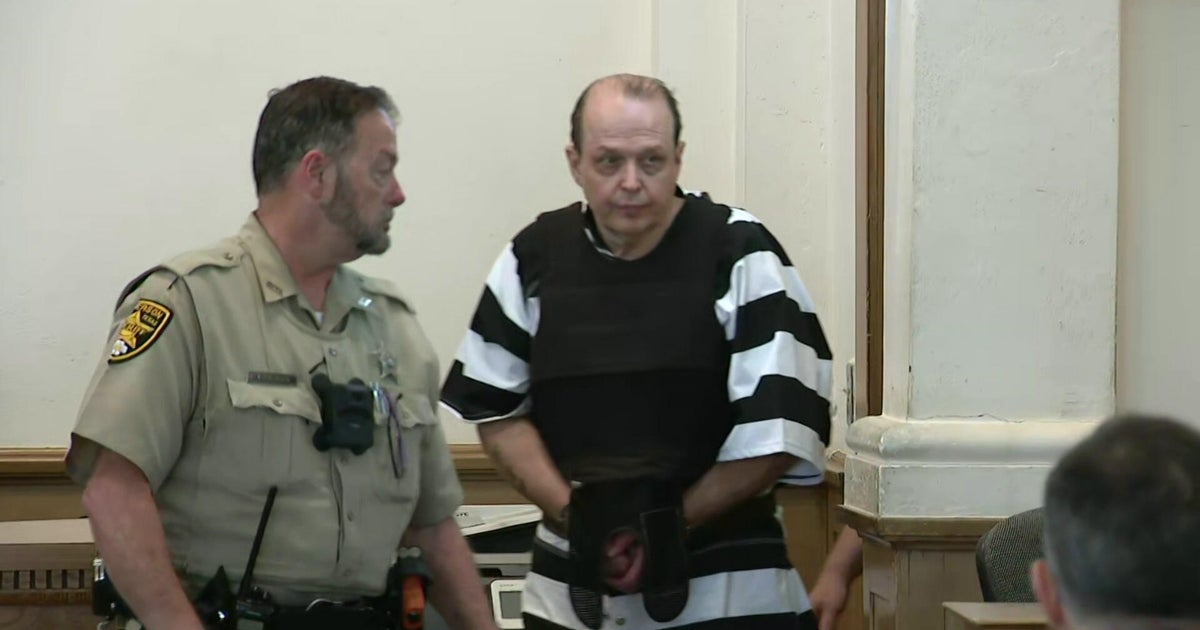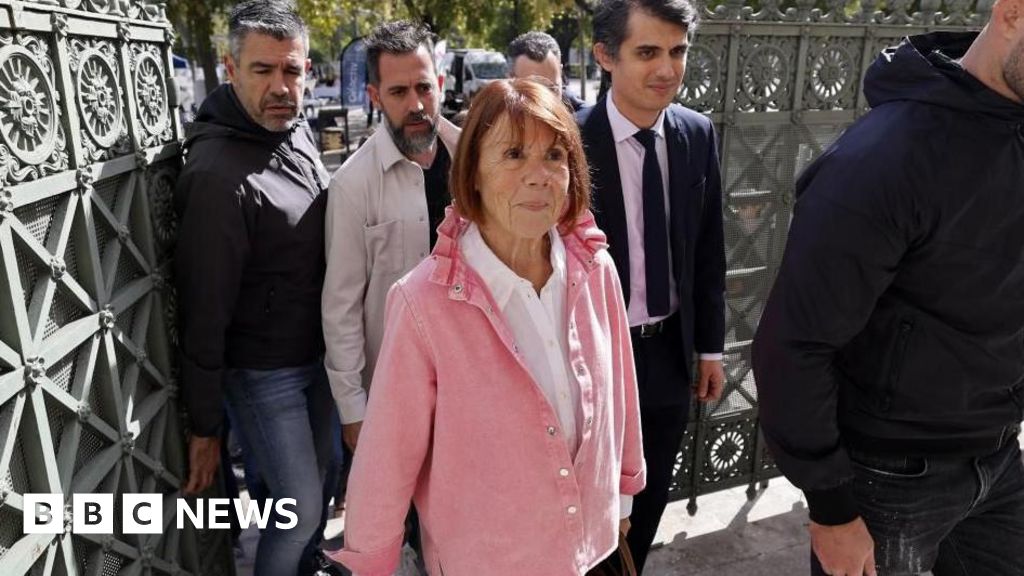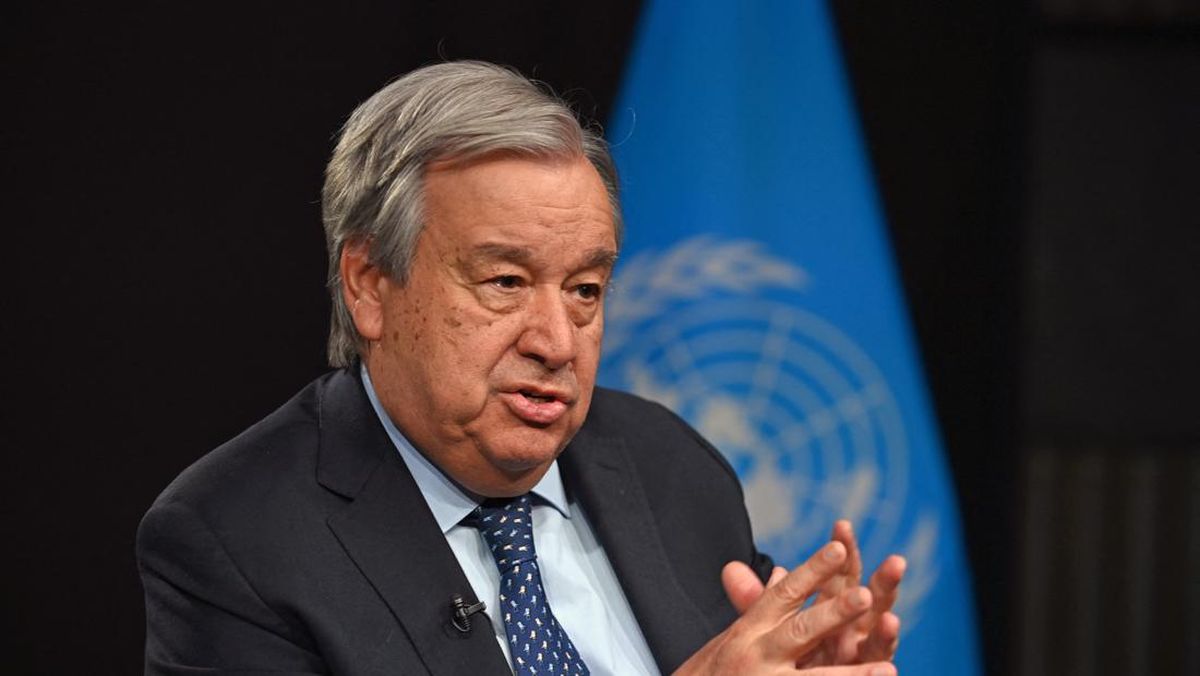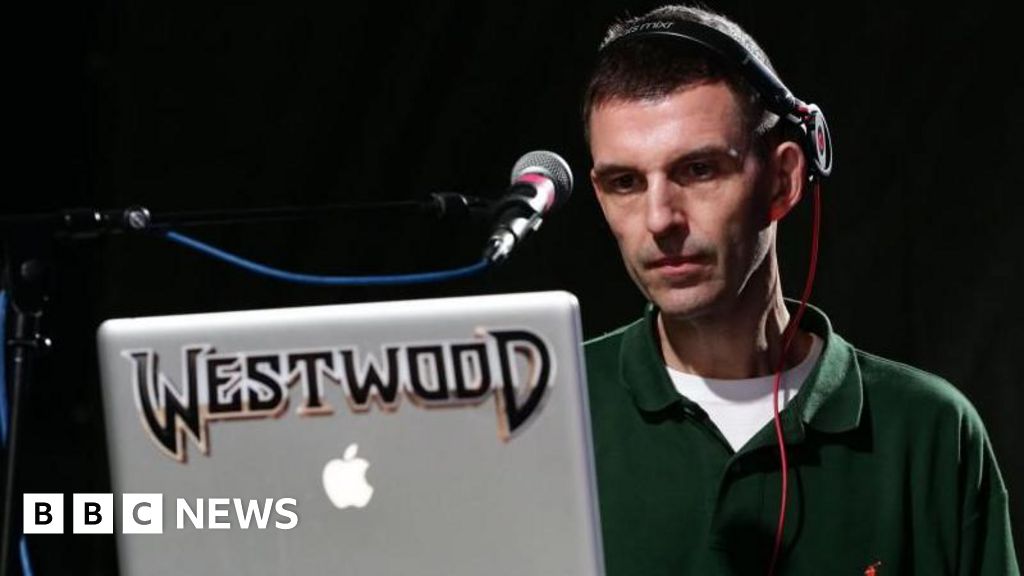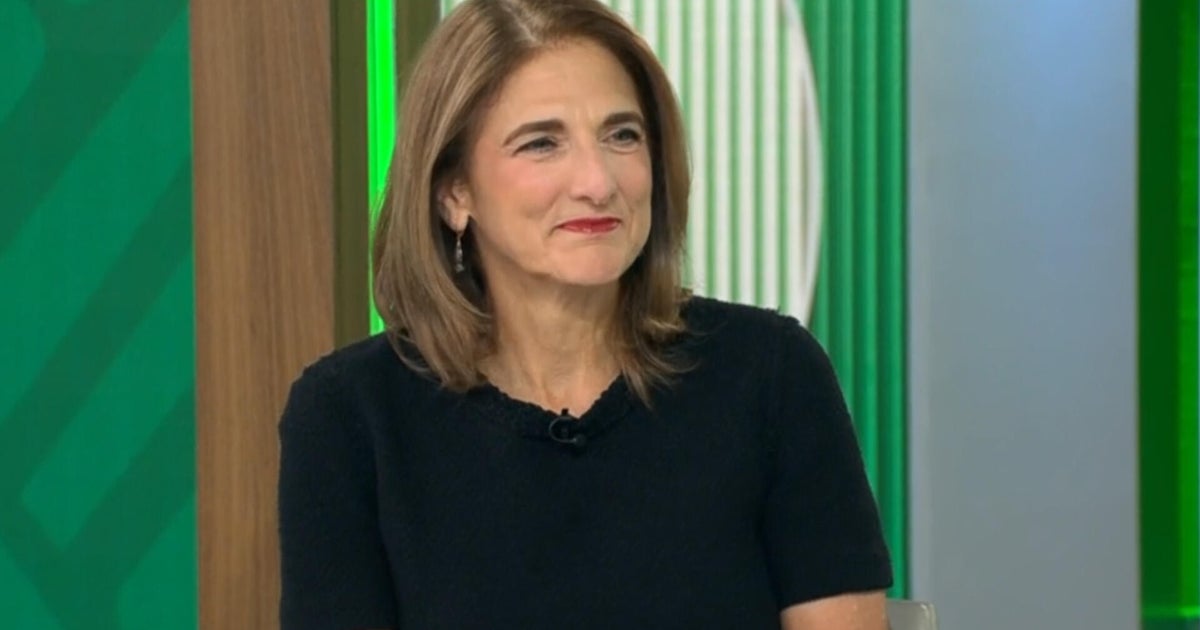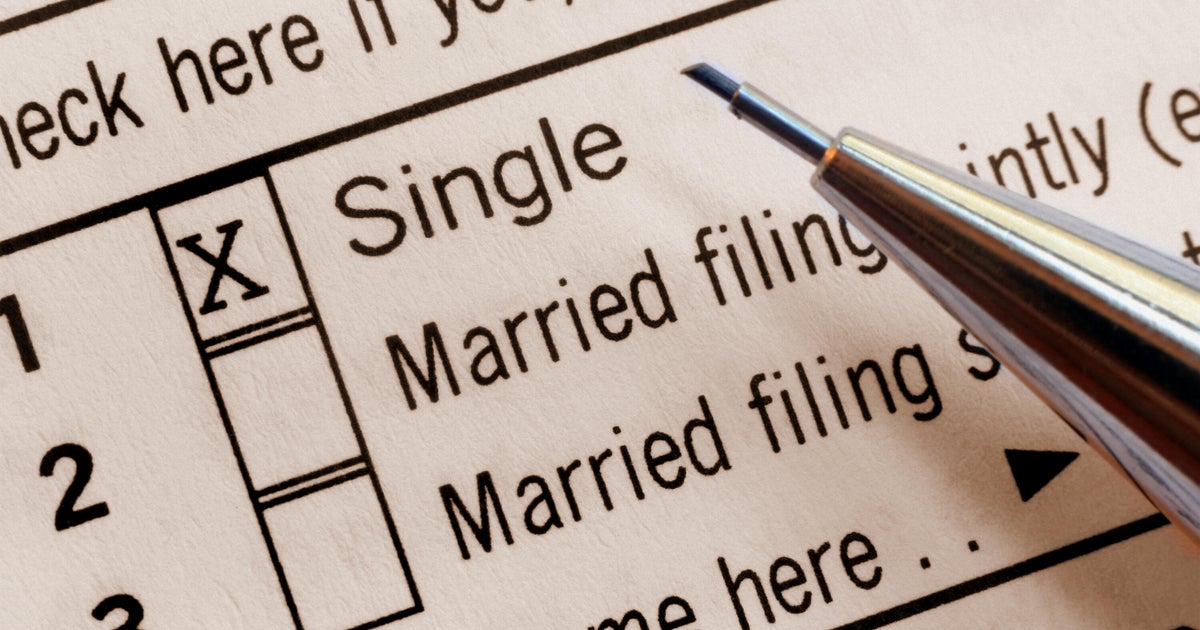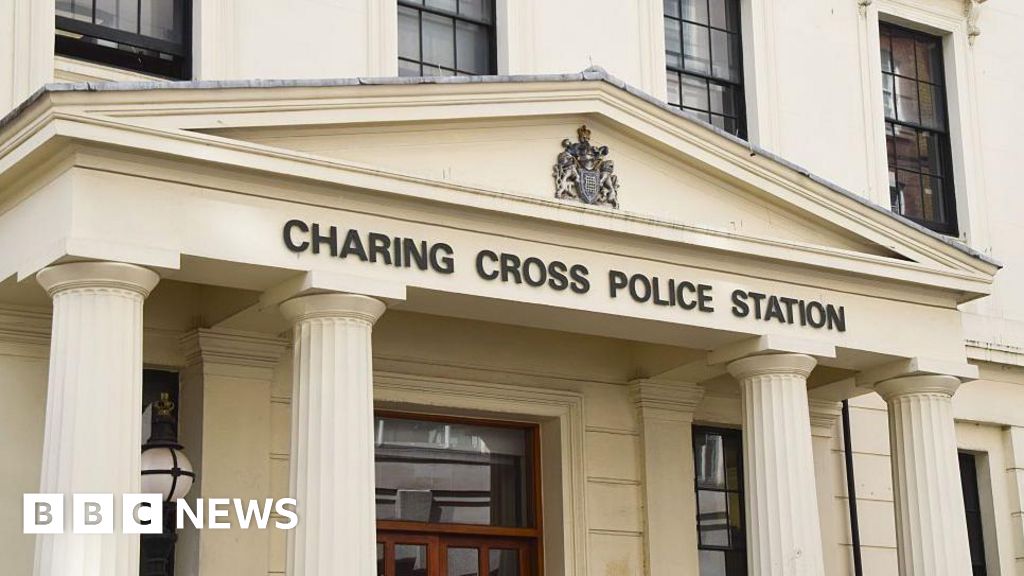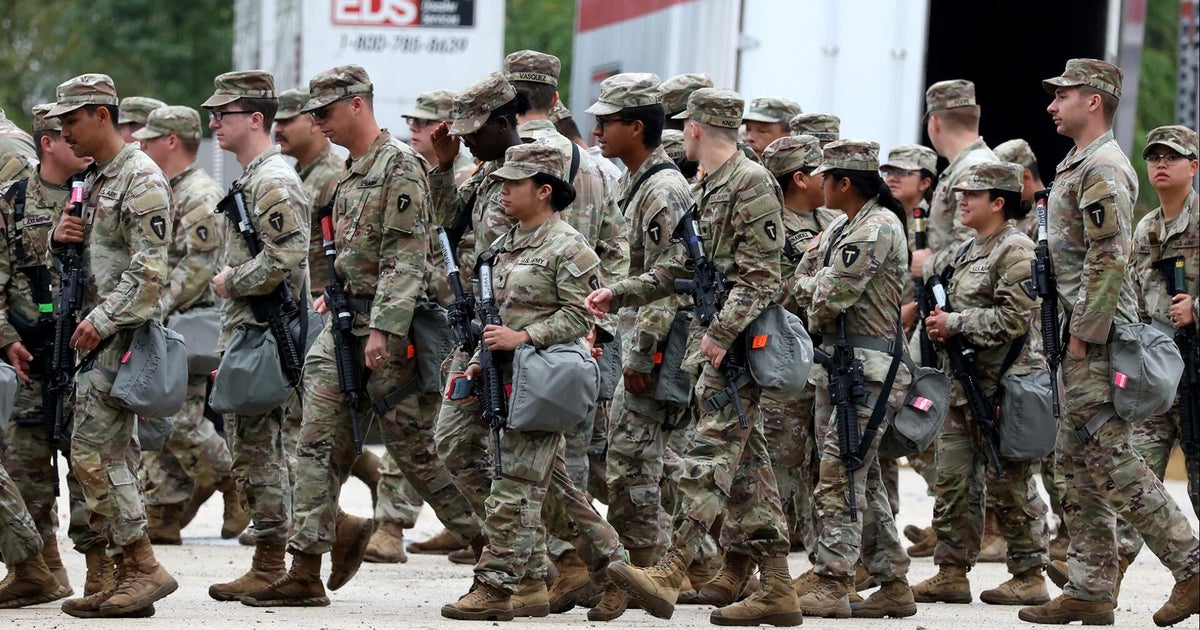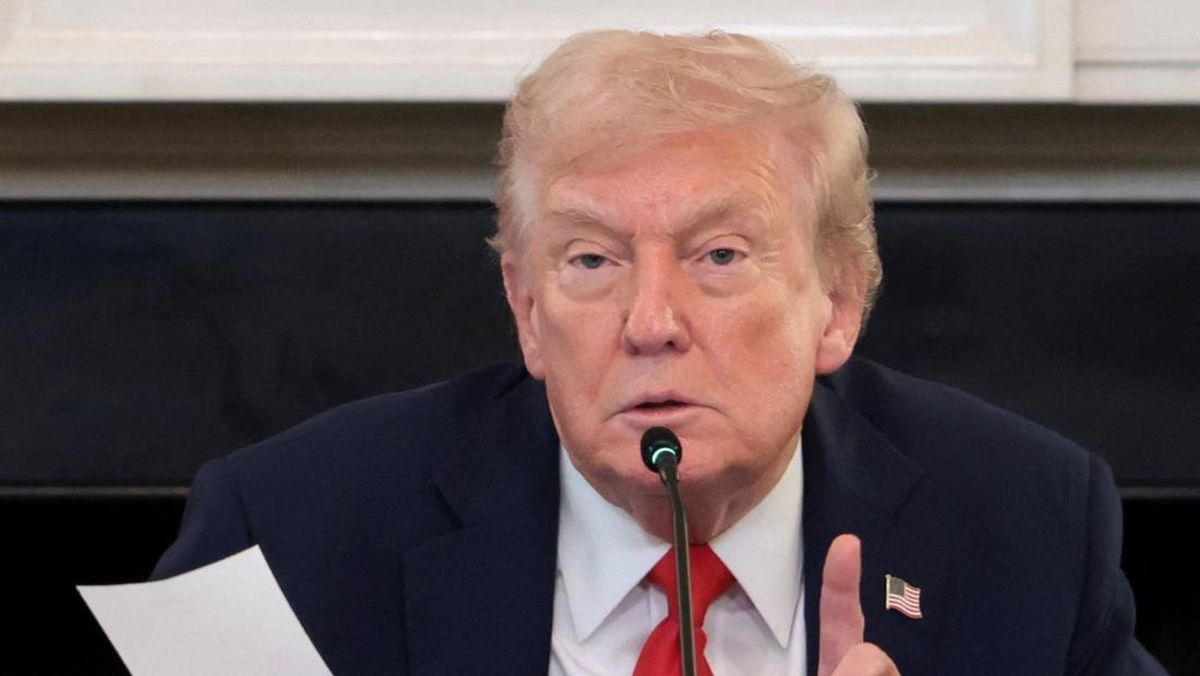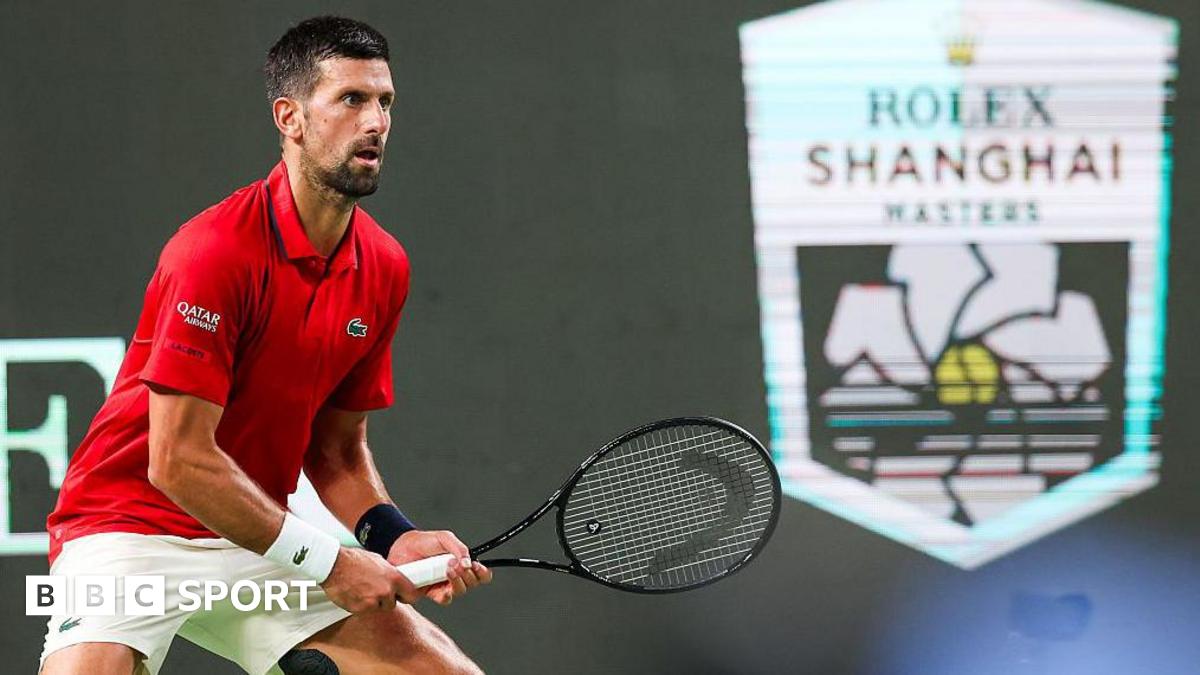Commuters can breathe a sigh of relief after rail unions voted to accept the state government’s pay offer, ending the campaign of industrial action that wreaked havoc across the train network for months.
Of the 11,735 union members who participated in the vote, 92 per cent voted to accept the government’s offer of a 12 per cent pay rise over the next three years with essentially an extra four per cent in backpay to May 2024.

Commuters on a packed train at Ashfield.Credit: Steven Siewert
“We want to acknowledge the period of protected industrial action was drawn-out and took its toll on rail passengers,” Transport Minister John Graham said.
“Resolution of the matter will now allow Sydney Trains and NSW TrainLink to focus solely on improving reliability and services for those more than a million passengers who use the network each day.”
Unions had initially sought a 32 per cent pay rise over four years, and a 35-hour working week.
Loading
The Electrical Trades Union (ETU) was the only union of the group, which includes the Rail, Tram and Bus Union (RTBU), to encourage its members to vote no before the ballot went live.
The ETU was unhappy with the way that qualified engineering and maintenance employees were categorised in the new agreement, and didn’t support the proposed agreement going to a vote.
RTBU secretary Toby Warnes described the dispute as a “tough process”, and said the pay increase was needed considering the “difficult job” rail workers have.
“It’s fantastic that this long, and often bitter, dispute can finally be put behind us and that workers can get back to doing what they do best – moving commuters safely around the state,” Warnes said.
While having to pay out a higher pay rise than its initial offer of 9.5 per cent over three years, the agreement does provide some wins for the state government: One clause agrees to ditch the current system of phone calls and paper note-taking during a crisis on the train network, and replace this with a digital system.
When a broken overhead wire caused three days of chaos across the network in May, bringing some lines close to a complete standstill, the old system of note-taking made coping with the disaster more difficult, Sydney Trains chief executive Matt Longland said.
The ongoing pay dispute between the rail unions and the government was felt by commuters. Since last September the campaign has threatened major events including New Year’s Eve and left passengers crowded on platforms and packed train carriages for hours.
In February, Treasurer Daniel Mookhey accused the RTBU of “gaslighting Sydney” with a “sneak strike” after messages emerged from a union convenor suggesting members “just not show up” for shifts and “f--- the network up”.
A reprieve finally came when the Fair Work Commission ordered the unions to halt industrial action in February, however that order expired on July 1.
The Morning Edition newsletter is our guide to the day’s most important and interesting stories, analysis and insights. Sign up here.
Most Viewed in National
Loading

